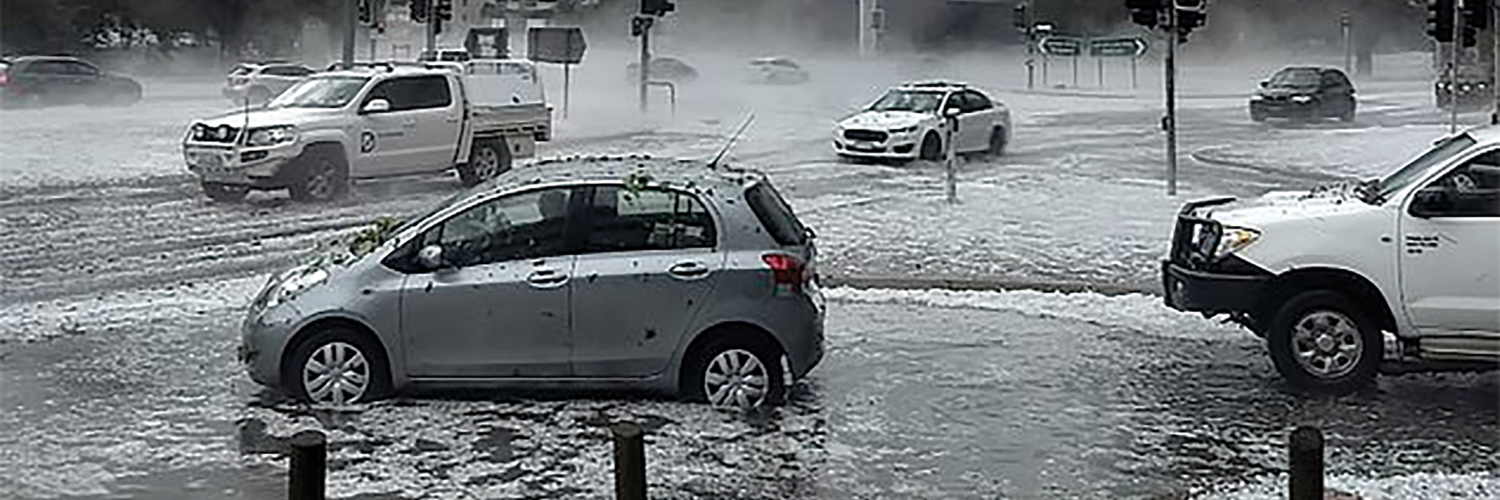COVERAGE: Insurance-related legalities and considerations as weather storms wreak havoc in some parts of South Africa…
By Mtho Maphumulo
Large parts of Johannesburg and Mpumalanga were hit by a severe hailstorm on Monday, November 13. Since then, various media platforms have been abuzz with videos and pictures, depicting the damage caused by the said hailstorm.
Many cars, roads, buildings, infrastructure, establishments, etc. were damaged in the process. Naturally, the first thing that the victims think about in such situations is their insurance coverage and whether they can claim.
This is a question that cannot be answered outright. This is because each claim is unique. There are steps that the insured can take to enhance their chances of successfully claiming. Thus, this contribution purports to highlight, albeit briefly, some of these steps.
The point of departure is whether the policy concerned does cover the hailstorm peril. If not, then there is no cover. This can be verified with a broker or directly with the insurer. Importantly, if one is not covered for this peril as a result of a broker’s oversight, there may be a possibility of a legal claim against that particular broker.
There is also a possibility of being “underinsured.” In this case, again, one may have a claim against the broker. Policy clauses should also be carefully considered – exclusions; limitations; and conditions.
Insurance policies are ordinarily technical and, therefore, difficult to understand.
In fact, there are complex legal rules applicable to the interpretation of insurance contracts. As such, it is recommended that insureds seek legal advice on the interpretation of their policy or consult their broker.
Herewith are some steps that one should proactively adopt:
- Report your claim as soon as possible to your broker/insurer. Most policies have specified time periods within which one should report a claim.
- Have all the necessary documentation and information readily available regarding your policy.
- Take pictures of the damage caused.
- Be cautious not to attend to any repairs yourself unless the insurer has agreed to that.
- Provide all the documentation and information requested by the insurer as soon as you can.
- Be on the lookout for further requests by the insurer.
- Provide truthful and accurate information to the assessor.
There is no one-size-fits-all approach to the reporting and handling of insurance claims; however, the steps above can place one in a better position to succeed with a claim. Insureds should also keep in mind the possibility of a claim against their broker.
In conclusion, insureds, when submitting their claims, should always bear in mind their duties towards their insurers.
These include acting in good faith; providing truthful and honest information and not being disruptive in the insurer’s investigation; allowing the insurer’s claims handling process to run its course; etc.
- Maphumulo is an associate in the personal injury and insurance departments at Adams & Adams. He specialises in civil litigation with special emphasis on personal injury related matters, which includes, inter alia, Road Accident Fund, aviation claims, product liability claims, medical negligence, slip and fall and wrongful arrest claims, professional indemnity matters, and insurance related matters.





























